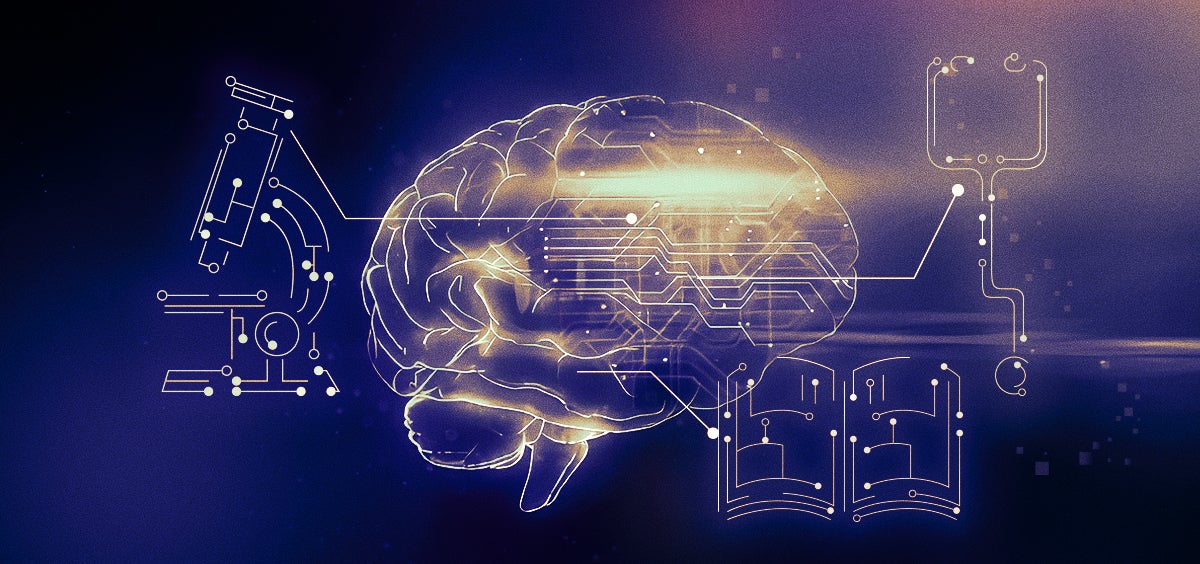
Essential Skills and Knowledge for AI Technologists Building a Strong Foundation Artificial Intelligence (AI) has become an integral part of our technology landscape, and AI technologists play a crucial role in shaping its future. To excel in this dynamic field, aspiring AI techies must develop a diverse skill set and acquire a strong foundation in various domains. Here are some key skills and knowledge areas that are vital for AI technologists:
Essential Skills and Knowledge for AI Technologists Building a Strong Foundation
1. Programming Proficiency:
Python: Proficiency in Python is paramount as it’s the primary language for AI development, offering a wide range of libraries and frameworks.
TensorFlow, PyTorch, scikit-learn, and Keras: These are essential AI libraries and frameworks for building, training, and deploying machine learning models.
2. Understanding of Core Concepts:
Neural Network Architectures: A deep understanding of various neural network architectures, such as convolutional neural networks (CNNs) and recurrent neural networks (RNNs), is crucial.
Machine Learning Concepts: Knowledge of machine learning algorithms, including supervised and unsupervised learning, is fundamental.
Mathematical Foundations: Proficiency in mathematics, especially linear algebra, calculus, and statistics, is essential for understanding AI algorithms.
3. Data Handling and Preprocessing:
Skills in data preprocessing, cleaning, and transformation are vital for working with real-world data.
Familiarity with data visualization tools and techniques can aid in understanding data patterns.
4. Cloud Platforms:
Experience with cloud platforms like AWS, Azure, or Google Cloud is valuable for scalable AI solutions and cloud-based model deployment.
5. Model Deployment:
Knowledge of deploying machine learning models into production environments is essential to see AI projects through to implementation.
6. Ethical Considerations:
An understanding of ethical AI principles and the ability to build AI systems responsibly is increasingly important in the AI field.
7. Effective Communication:
The ability to communicate AI concepts and findings to non-technical stakeholders is crucial for gaining support and understanding for AI initiatives.
8. Staying Updated:
AI is a rapidly evolving field, so a commitment to continuous learning and staying updated with the latest research and trends is essential for AI technologists.
AI technologists who possess these skills and knowledge areas are well-equipped to tackle the challenges and opportunities in the ever-expanding field of artificial intelligence. Building a strong foundation in these domains not only enables them to create innovative AI solutions but also to contribute to the responsible and ethical development of AI technologies that benefit society as a whole.
Last Updated on: Thursday, August 24, 2023 8:14 am by Admin | Published by: Admin on August 24, 2023 8:14 am | News Categories: GENERAL, TECHNOLOGY
About Us: News Centre 24 covers the latest News on Current News, Business, Sports, Tech, Entertainment, Lifestyle, Automobiles, and more, led by Editor-in-Chief Ankur Srivastava. Stay connected on Facebook, Instagram, LinkedIn, X (formerly Twitter), Google News, and Join Our Community.
Disclaimer: At News Centre 24, we are committed to providing accurate, reliable, and thoroughly verified information, sourced from trusted media outlets. For more details, please visit our About, Disclaimer, and Privacy Policy pages. If you have any questions, feedback, or concerns, feel free to contact us through email.
Contact Us: [email protected]
